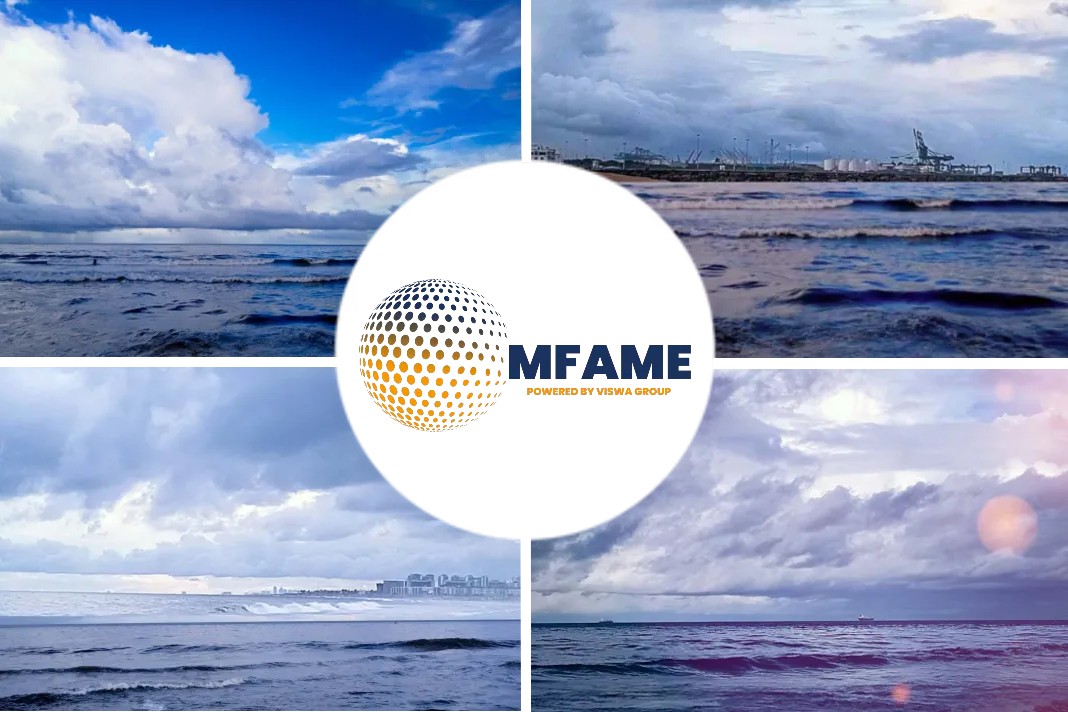Don’t just do something; sit there. So goes an old witticism among meditators. Just sitting there, of course, isn’t a luxury available to policymakers during an emergency such as the energy crisis caused by Russian President Vladimir Putin. Leaders of the European Union feel they must do something – anything, right now, before the northern hemisphere winter. Among the insanely high prices around us, the most obscene is the going rate of natural gas. So, the European Commission, under pressure from a majority of the EU’s 27 member states, is proposing a cap on gas prices.
Skyrocketing Price
As part of his brutal war against Ukraine, Putin has turned off almost all gas flowing to western Europe via pipelines from Russia, formerly the EU’s biggest supplier. Other providers, such as Norway, are pumping as much as they can, but their capacity is maxed out. New supplies, in the form of liquefied natural gas, will take time to come online because countries such as Germany first have to build the specialized terminals to receive the ships.
All this means that the supply of natural gas is fixed – or perfectly inelastic, in the jargon of economics. That implies “demand is setting the price”, says Hirth. If companies or households save and consume less, the price falls. If they don’t save or use even more, the price rises.
Heading Towards a War Economy
Now ponder what a cap would do. Instead of signaling pain or unaffordability, the new and artificially low price of gas would suggest business as normal. The incentive or imperative to cut back would fade or vanish. Demand would increase again, with no additional supply. At some point this winter, Europe’s storage tanks would be empty. The Continent would then be out of gas – physically and non negotiably. Governments wouldn’t quite let it get to that point, of course. They’d instead start rationing some time before the gas runs out.
One alternative, which the European Commission includes in its rather-confused proposal, is to combine a price cap with mandatory savings measures. But that’s just a euphemism for rationing. And if governments did start rationing now, the price of gas would fall all by itself – remember, right now, demand alone sets the price. So the cap would be superfluous.
Ours being an imperfect world, this policy would also have big drawbacks. It would be more complex to administer than a deceptively simple price cap. Technocrats and politicians would have to decide who deserves the payments – ideally, in a way that minimizes waste and fraud.
Shooting The Messenger
Confusing price with an underlying shortage – in effect, shooting the messenger – is hardly a new phenomenon. One cause of the French Revolution was the soaring cost of bread; but it was as daft to blame price instead of the scarcity of grain as it was for Marie Antoinette to (allegedly) suggest the mob eat cake. The same applies to rent controls in cities such as Berlin, which may lead to cheap housing for some but also none at all for many others.
By the political logic of populism, such economic reasoning is irrelevant. It would certainly be easier for Europe’s politicians to give voters the simplest answer. By the logic of responsibility and statecraft, however, politicians should leave prices untouched as the best signals we have to guide us through shortages and back to functioning markets.
Did you subscribe to our daily Newsletter?
It’s Free! Click here to Subscribe
Source: Afr


















